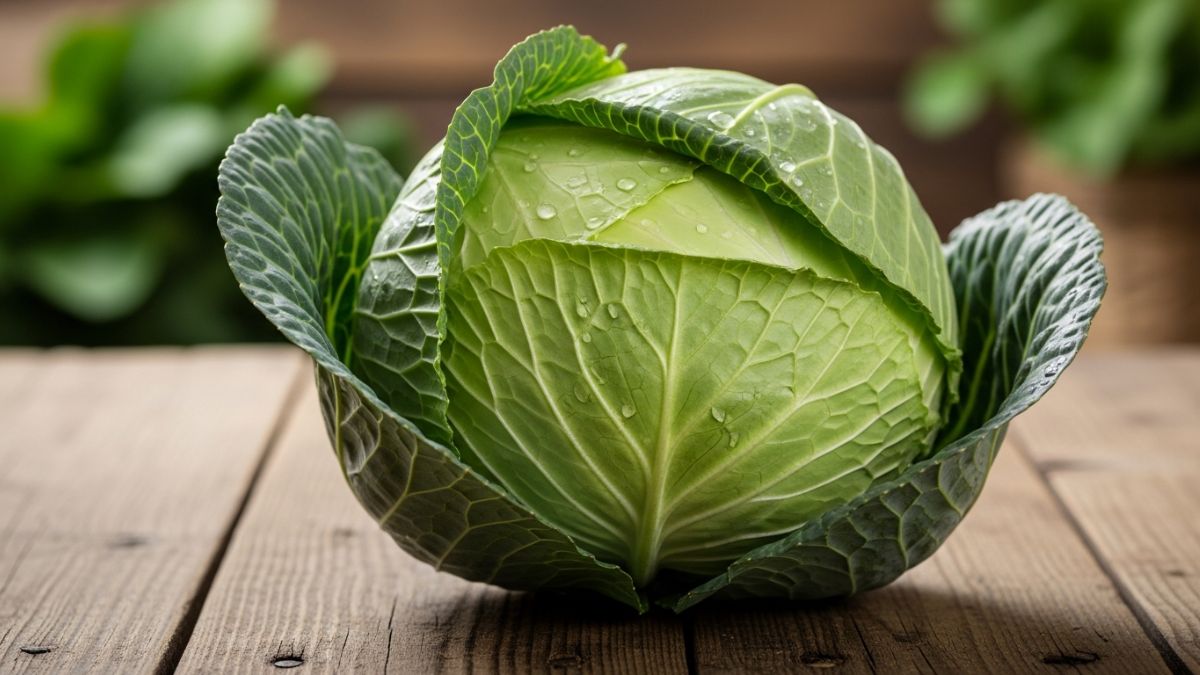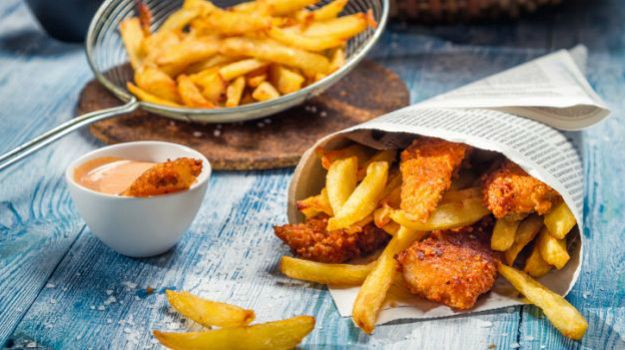"Our experiments provide the missing element in the evidence that fat has a taste sensation, and that it is different from other tastes," The Independent quoted professor Richard Mattes, director of the Ingestive Behaviour Research Centre at Purdue University in Indiana, US, as saying.
In the study, reported in the journal Chemical Senses, the researchers investigated the taste sensation of Non-Esterified Fatty Acids, or free fatty acids, which are fat's basic building blocks.
(Yes, You Can Train Your Brain to Hate Junk Food)
For the study, the participants were asked to wear a nose clip and take part in two experiments. In the first experiment, they were asked to try foods that had a similar texture but varied in taste. Then, they were asked to described the taste of everything they ate. The participants identified fat as having a bitter or irritating and consistently unpalatable taste. Scientists also suggest the identification of the taste could lead to new ways of fighting obesity and heart disease, and to the creation of improved fat replacements.
In the US, 33% of all people are obese. In the UK, more than 25% of people are obese and in Australia, almost 27% are obese. Researchers of this study believe that their breakthrough will help in tackling these staggering numbers. "Identifying the taste of fat has a range of important health implications. At high concentrations, the signal it generates would dissuade the eating of rancid foods," Mattes said.
He added, "But at low levels, it may enhance the appeal of some foods by adding to the overall sensory profile, in the same way that bitterness alone is unpleasant but at appropriate levels adds to the appeal of wine and chocolate."








